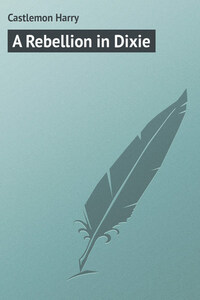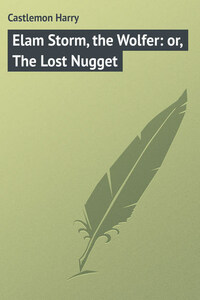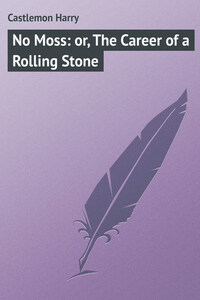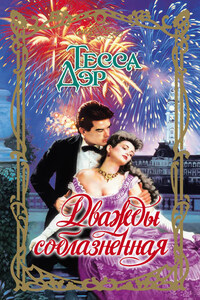ALL ABOUT THE FLAG
"Rodney Gray, I am ashamed of you; and if you were not my cousin, I should be tempted to thrash you within an inch of your life."
"Never mind the relationship. After listening to the sentiments you have been preaching in this academy for the last three months, I am more ashamed of it than you can possibly be. You're a Yankee at heart, and a traitor to your State. Let go those halliards!"
"I'll not do it. Look here, Rodney. Your ancestors and mine have fought under this flag ever since it has been a flag, and, if I can help it, you shall not be the first of our name to haul it down. Let go yourself, and stand back, or I will throw you over the parapet."
"But that flag doesn't belong up there any longer, and I say, and we all say, that it shall not stay. Here's our banner; and if there's a war coming, as some of you seem to think, it will lead us to victory on every battle-field."
An exciting scene was being enacted in and around the belfry of the Barrington Military Institute on the morning of the 9th of March, 1861; and it was but one of many similar scenes which, for some time past, had been of almost daily occurrence in many parts of the South. It had been brought about by the efforts of a band of young secessionists, headed by Rodney Gray, to haul down the academy flag, and to hoist in its place a strange banner – one that nobody had ever seen or heard of previous to the 4th of March, the day on which Mr. Lincoln was inaugurated President of the United States. The students who were gathered on the top of the tower at the time our story begins were Southern boys without exception, but they did not all believe in secession and disunion. Many of them were loyal to the old flag, and were not ready to see it hauled down, and a strange piece of bunting run up in its place.
Those were exciting times in our country's history, you may be sure. Rumors of war filled the air on every side. Seven States had rebelled and defied the authority of the government, and for no other reason than because a man they did not like had been elected President. A new government had been established at Montgomery, and formally inaugurated on the 18th of February. Jefferson Davis, President of the seceded States, had been authorized to accept the services of one hundred thousand volunteers to serve for one year, unless sooner discharged, and they were to be mustered to "repel invasion, maintain the rightful possession of the Confederate States of America, and secure the public tranquillity against threatened assault." Every schoolboy who has paid any attention to his history knows that there was not the slightest excuse for calling this immense army into existence. The disunion leaders repeatedly declared that Northern men would not fight, and they seemed to have good grounds for thinking so; for, although Fort Sumter was surrounded by hostile batteries, no attempt had been made to send supplies to Major Anderson and the gallant fellows who were shut up in the fort with him, and more than five weeks passed after the formation of the Confederate government before President Lincoln called for seventy-five thousand militia to "suppress unlawful combinations, and to cause the laws to be duly executed." But this unnecessary act of the Confederate Provisional Congress had just the effect it was intended to have. It "fired the Southern heart," and immediately every man, woman, and boy "took sides." The papers had just brought the glorious news to Barrington, and the students at the military academy were in a state of intense excitement over it.
Even at this late day there are boys – bright fellows, too – who believe that when the war broke out every one who lived in the South was a rebel; but this was by no means the case. The South was divided against itself, and so was the North. Horace Greeley, in his "Recollections of a Busy Life," tells us that in the beginning there were not more than half a million "Simon-pure" secessionists to be found among the five millions and more of whites who lived south of Mason and Dixon's line. Of course subsequent events, like the War and Emancipation proclamations, added to this number; but even at the end there were Union-loving people scattered all through the seceded States, and they clung to their principles in spite of everything, fighting the conscript officers, and resisting all the efforts that were made to force them into the rebel army. The Confederates called these plucky men and boys traitors, although they denied that they were traitors themselves. They hated them with an undying hatred, and when they captured them with arms in their hands, as Forrest captured the garrison at Fort Pillow, they made short work with them.
If it is true that a majority of the Southern people believed that a State had the right to withdraw from the Union when things were not managed in a satisfactory way, it is equally true that there was a party in the North who held the same opinion. They said, "Let the erring sisters go" if they want to, and declared that "Whenever any considerable section of our Union shall deliberately resolve to go out, we shall resist all coercive measures designed to keep it in." These were the rabid Abolitionists, who were perfectly willing that the nation should be destroyed rather than that it should continue to exist half-slave and half-free. One of their leaders, who afterward became a Union general, declared, "If slavery is the condition of the perpetuity of the Union, let the Union














